IEBC Lays Out Plan to Expand Voter Register and Strengthen Transparency Before 2027
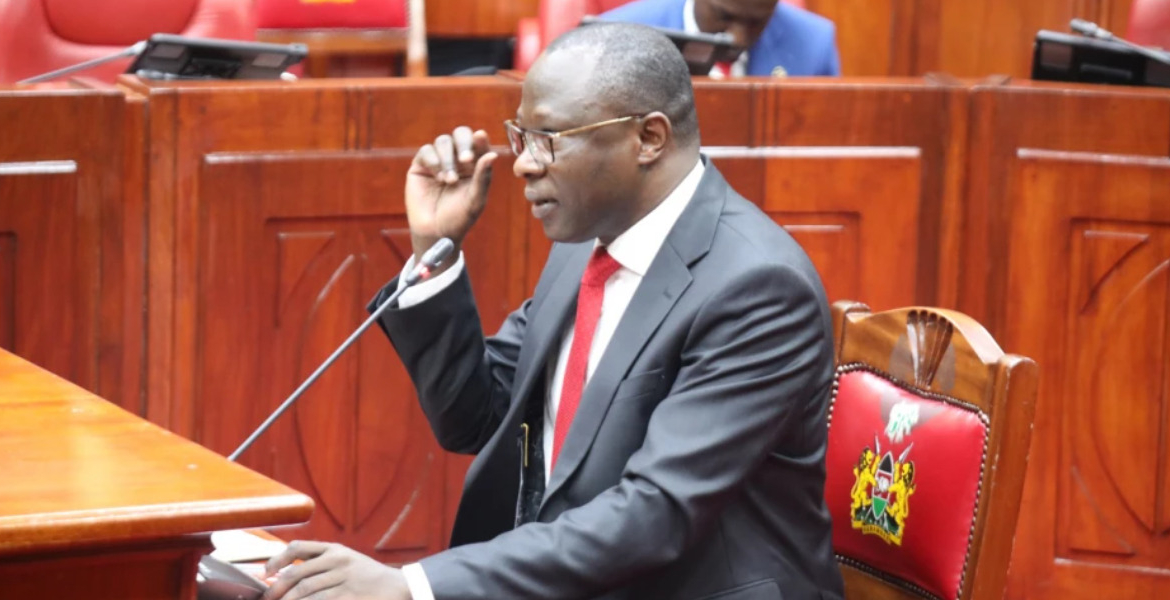
The Independent Electoral and Boundaries Commission (IEBC) is implementing a wide-ranging reform agenda focused on restoring public trust and ensuring transparent, credible elections by 2027.
The newly reconstituted commission, led by Chairperson Erastus Edung Ethekon, is addressing pressing issues including pending by-elections, voter registration resumption, and the long-delayed boundary review. As its immediate priority, the IEBC is preparing to conduct 23 overdue by-elections across the country. These include one Senate seat, six National Assembly positions, and sixteen ward representative vacancies caused by deaths, resignations, and legal rulings.
"Ensuring fair and timely by-elections is our immediate priority," said Ethekon, highlighting the commission's commitment to upholding citizens' right to representation.
The IEBC is working closely with Parliament and county assemblies to update the necessary legal instruments and anticipates holding elections within the constitutionally mandated 90-day window. Budgetary allocations have been secured, and logistical arrangements are proceeding, awaiting completion of procedural requirements.
In parallel, the IEBC is responding to rising calls to restart and expand the national voter register, which has been suspended for two years because of legal and structural obstacles exacerbated by the previous commission's dissolution. A gazetted schedule for continuous voter registration is expected next month. This move addresses the urgent appeals from youth and civil society organisations for inclusive democratic participation.
"A clean and inclusive register is not merely administrative—it is the foundation of free, fair and transparent elections," Ethekon said.
Beyond technical preparations, the commission plans to significantly increase voter education initiatives, addressing a key area for improvement identified in observer reports from the 2022 General Election. Another critical challenge is the long-overdue boundary review. According to the Constitution, constituency and ward boundaries must be reviewed every 8 to 12 years to ensure fair representation reflecting demographic shifts. The last delimitation exercise was completed in 2012 and was due for revision by March 2024, but this did not happen because of the absence of a fully functional commission.
The IEBC has sought legal guidance from the Attorney General's Office to determine whether it can proceed despite the missed deadline, or if parliamentary intervention is required to legalise the delay. The boundary review delay raises legal questions and has fueled political anxiety in regions that feel underrepresented or structurally disadvantaged. The commission has committed to prioritising the boundary review once legal clarity is obtained, framing it as essential for maintaining institutional legitimacy and addressing persistent regional inequalities.
In addition to immediate operational goals, the IEBC is pursuing broader legal and policy reforms to improve Kenya's electoral system. The commission has reviewed the statutory and regulatory framework and developed proposed amendments to bring Kenya's electoral processes in line with evolving democratic standards. These include revisions to the Elections Act, Political Parties Act, Election Offences Act, and County Governments Act. The Election Campaign Financing (Amendment) Bill aims to establish clearer guidelines on campaign funding, an area historically plagued by opacity and abuse.
Furthermore, the IEBC intends to introduce the Referendum Bill, signalling preparedness for future plebiscites. Ethekon said that these legislative proposals will undergo stakeholder engagement to incorporate public and institutional feedback before implementation. The commission intends to adhere to High Court guidance to uphold the integrity of its mandate, particularly in enforcing campaign financing regulations.
The successful implementation of these reforms depends heavily on inter-agency cooperation, legislative support, and sustained public engagement. The IEBC has begun discussions with Parliament and the National Treasury to secure funding throughout the electoral cycle. The credibility of the IEBC was severely undermined after the 2022 General Election, with criticisms focusing on mismanagement, a lack of transparency in results transmission, and diminished public confidence.
Rebuilding trust will require consistent transparency, accountability, and rigorous procedures, especially as Kenya prepares for a high-stakes electoral season.
The commission acknowledges past failures and the need for continuous civic education and better stakeholder engagement throughout the electoral cycle, not just during election years. Ethekon's leadership team includes Deputy Chair Fahima Araphat Abdallah and Commissioners Ann Njeri Nderitu, Moses Alutalala Mukhwana, Mary Karen Sorobit, Hassan Noor Hassan, and Francis Odhiambo Aduol.

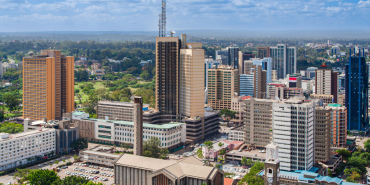
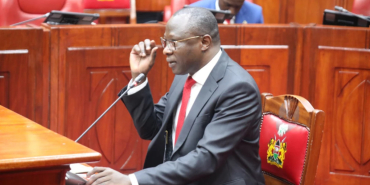
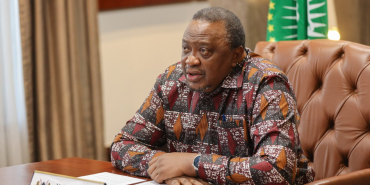


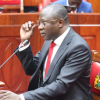

Add new comment